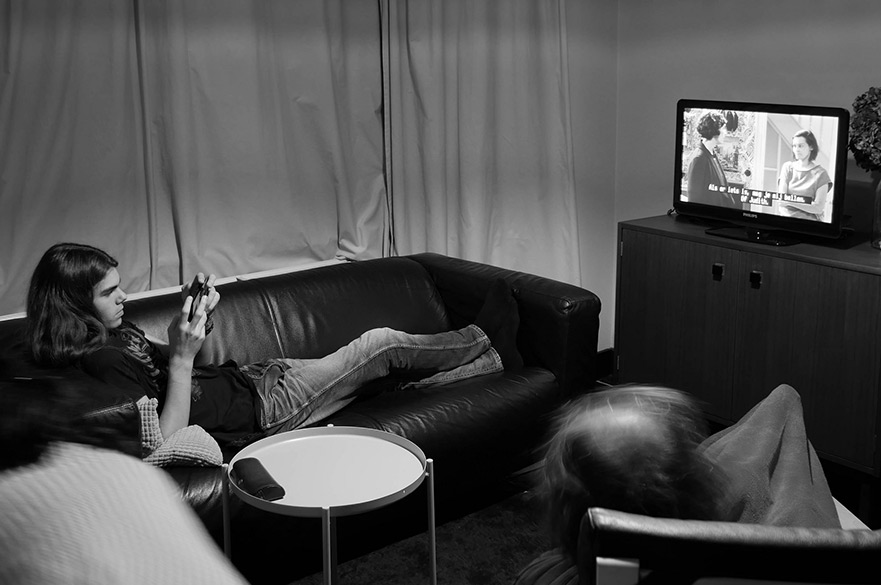Communication, Cultural and Media Studies research

Overview
The Subject Area provides a focus for research that theorises and analyses how the representation, practice and experience of difference connect to structures of power and inequality, and inform discriminatory practices and policies.
Groups and Centres
Research is organised within the Centre for Research in Literature, Linguistics and Culture.
AHRC Midlands4Cities Doctoral Training Partnership scholarships
Applications are open between October and January each year.